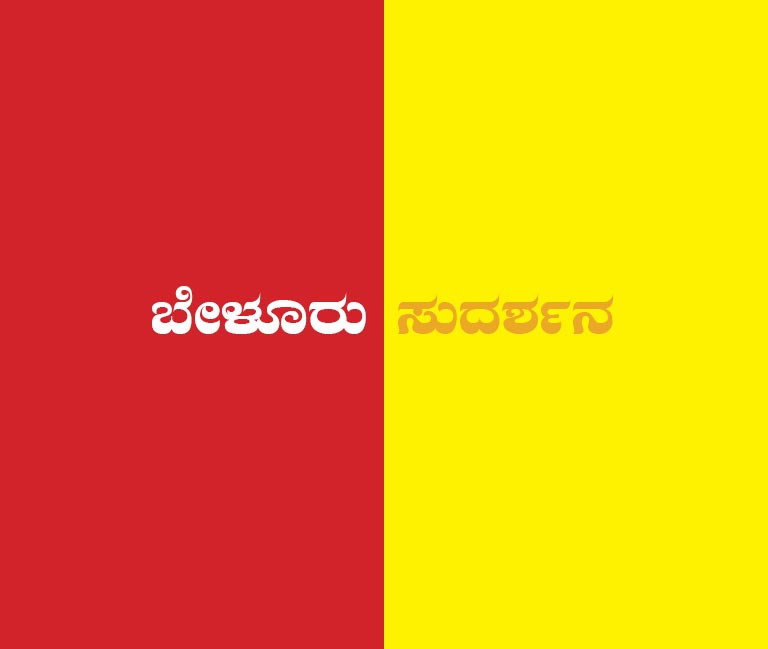ಸಂಸತ್ತಿನಲ್ಲಿ ಅಂಗೀಕೃತವಾದ ಹಕ್ಕುಸ್ವಾಮ್ಯ ಕಾಯ್ದೆಯಲ್ಲಿ ಮುದ್ರಣ ಸಾಹಿತ್ಯ ವಂಚಿತರಿಗೆ ಇರುವ ಅನುಕೂಲಗಳೇನು? ಮಿತ್ರಮಾಧ್ಯಮದ ಅಂಕಣಕಾರ ಶ್ರೀ ಟಿ ಎಸ್ ಶ್ರೀಧರ ಈ ಬಗ್ಗೆ ಜೇವಿಯೆರ್ಸ್ ರಿಸೋರ್ಸ್ ಸೆಂಟರ್ ಫಾರ್ ದಿ ವಿಜುಯಲಿ ಚಾಲೆಂಜಡ್ ಸಂಸ್ಥೆಯ ನಿರ್ದೇಶಕ ಡಾ. ಸ್ಯಾಮ್ ತಾರಾಪೋರ್ವಾಲಾ ಕಳಿಸಿದ ಮಿಂಚಂಚೆಯನ್ನು ಮಿತ್ರಮಾಧ್ಯಮದ ಓದುಗರಿಗಾಗಿ ಕಳಿಸಿಕೊಟ್ಟಿದ್ದಾರೆ:
- (ಕಾಯ್ದೆಯ ಪಿಡಿಎಫ್ ಪ್ರತಿಯನ್ನು ನೀವು ಇಲ್ಲಿ ಡೌನ್ಲೋಡ್ ಮಾಡಿಕೊಳ್ಳಬಹುದು).
- ಈ ಕೊಂಡಿಯಲ್ಲಿ ಮಿತ್ರಮಾಧ್ಯಮವು ಕಾಯ್ದೆಯ ಪಠ್ಯವನ್ನೂ ನೀಡಿದೆ.
———ಡಾ. ಸ್ಯಾಮ್ ತಾರಾಪೋರ್ವಾಲಾ ಕಳಿಸಿದ ಮಿಂಚಂಚೆ———–

Dear All
On going through the various threads with regards the Amendment to the Copyright Law in terms of what it gives and what it does not give print impaired persons, I would like to clarify so that the discussion is not based on speculation. The following FAQ would be useful:
1. Who benefits?
All print impaired persons be they totally blind, low vision, learning disabled or orthopedically challenged in certain ways are covered by this clause.
2. What can be done now that was not possible earlier?
Print impaired individuals, or authorised service providers / organisations can suitably modify a work under Copyright so as to make it accessible to meet the specific needs of the print impaired person concerned. This means that a standard printed book, for example may be converted to an alternate format (not necessarily a special format) including Braille, large font, text readable by screen reader, audio (be it synthetic audio or human voice recording) without seeking the permission of the rightsholder.
3. How is this different?
In the past, any alternate format creation could have been defined as an infringement unless it was backed up by
prior written permission from the rightsholder. One had to seek the permission if one had to be on the right side of the law. Now thankfully we do not need permissions.
4. Are there any restrictions?
Yes, there are reasonable restrictions such as
– conversion should be a not for profit activity. In case it is a for profit activity, there is a separate clause under which a special license can be obtained.
– the beneficiaries has to be a bonafide print impaired person or organisations that serve them.
– reasonable precaution need to be taken by all that the accessible copy is not misused commercially.
5. Does this mean that the publisher has to give soft copy?
No. The copyright law does not cover the delivery of books which is the perview of another department and another law. We are planning to take it up as well. For the present, these exemptions allows an existing work which is not accessible to be made accessible without permission.
6. Can accessible copy be shared?
Effectively yes, as long as it is not misused for commercial purposes and is available to print impaired persons only.
7. What is the wording of the clause?
It runs as follows.
Section 52 (1)The following act shall not be an infringement of copyright, namely: (zb) the adaptation, reproduction, issue of copies or communication to
the public of any work in any accessible format, by —
(i) any person to facilitate persons with disability to access to works including sharing with any person with disability of such accessible format for private or personal use, educational purpose or research; or
(ii) any organisation working for the benefit of the persons with disabilities in case the normal format prevents the enjoyment of such works by such persons:
Provided that the copies of the works in such accessible format are made available to the persons with disabilities on a nonprofit basis but to recover only the cost of production: Provided further that the organisation shall ensure that the copies of works in such accessible format are used by persons with disabilities
and takes reasonable steps to prevent its entry into ordinary channels of business.
Explanation. For the purposes of the sub-clause, “any organisation” includes an organization registered under section 12A of the Income Tax Act, 1961 and working for the benefit of persons with disability or recognized under Chapter X of the Persons with Disabilities (Equal Opportunities Protection of Rights and Full Participation) Act, 1995 or receiving grants from the Government for facilitating access to persons with disabilities or an educational institution or library or archives recognized by the Government.
Hope this clarifies many doubts. Happy reading.
Dr. Sam Taraporevala
Director
————————————————————————————
Xavier’s Resource Centre for the Visually Challenged (XRCVC)
St. Xavier’s College, 5 Mahapalika Marg
Mumbai – 400001
————————————————-

